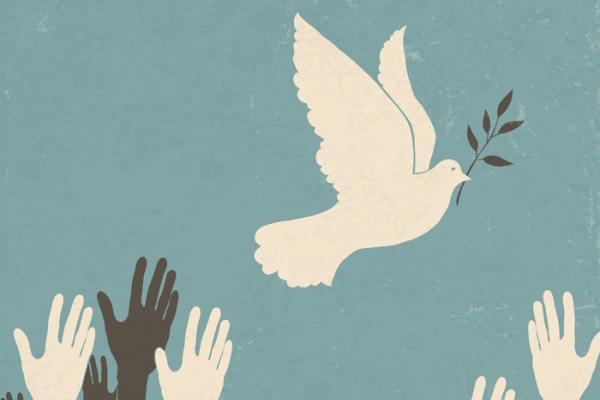LIKE MUCH OF the world, I’ve been thinking quite a bit about ISIS over the past few months. I’ve been horrified by the accounts of the so-called Islamic State’s barbarism, and I lament their perversion of one of the world’s great religions.
Most of all, I’m outraged at their disregard for human life—at their wanton killing of Shia Muslims, Christians, Yazidis, and anyone else who doesn’t share their radical vision. Pope Francis has said that it’s legitimate to act to protect innocent lives in this case, and I don’t disagree with him.
Yet I believe that Jesus calls us to be peacemakers, which requires us to think beyond short-term military solutions and address the systemic issues that breed crises like this one. And I strongly believe that to have any moral authority in the current crisis, we must first confess the Western policies and attitudes that have contributed to where we find ourselves today—and then repent of those policies and attitudes.
The first thing we need to confess is a shallow and, at best, incomplete understanding of ISIS. Alireza Doostdar of the University of Chicago Divinity School wrote, “[We] seem to assume that ISIS ... has suddenly materialized out of the thin ether of an evil doctrine. But ISIS emerged from the fires of war, occupation, killing, torture, and disenfranchisement. It did not need to sell its doctrine to win recruits. It needed above all to prove itself effective against its foes.”
Read the Full Article

